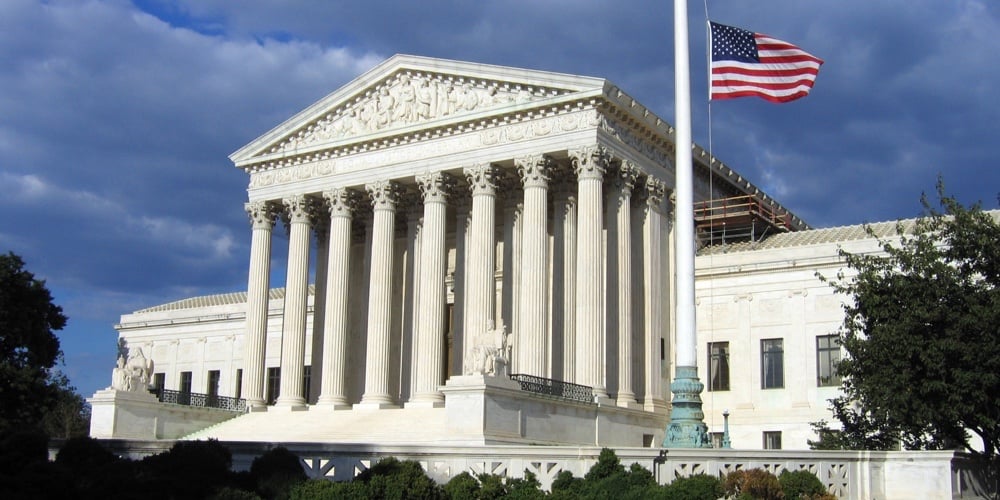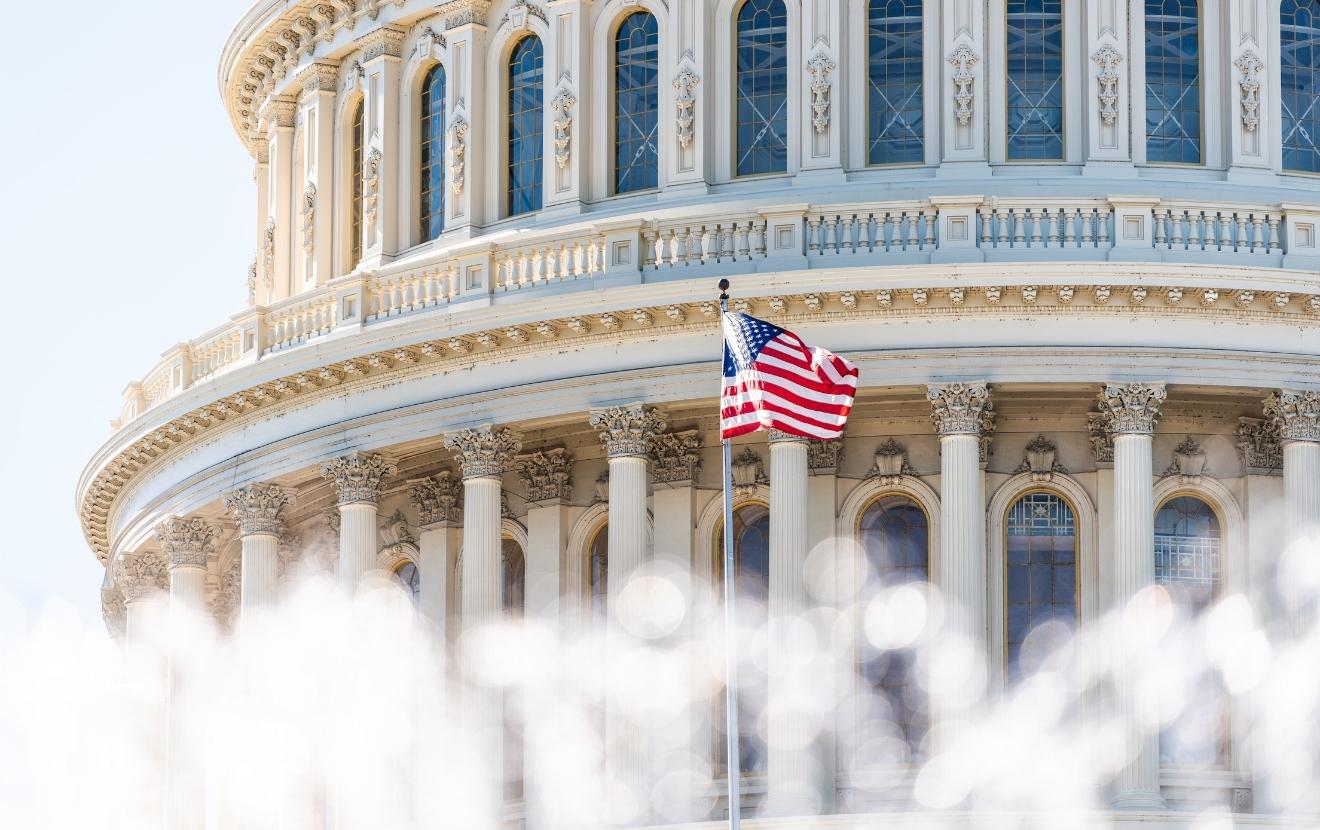The National Credit Union Administration (NCUA) was established by Congress in 1970 as an overhaul of the Bureau of Federal Credit Unions. The agency was created to regulate credit unions and protect the newly made National Credit Union Share Insurance Fund. All this funding came from credit unions, not taxpayers. As an independent regulator, the NCUA needs to focus on independent regulation. Recently, the agency has peddled party-line policies, gotten overly involved in consumer protection, and placed more regulatory burden on credit unions.
Last month, I wrote about the Consumer Financial Protection Bureau’s (CFPB) war on fees and the measures we are taking to halt these efforts. However, the pressures are mounting, and the attacks are coming from a variety of sources, including the NCUA. Recently, the NCUA forced credit unions with more than $1 billion in assets to report overdraft and non-sufficient funds fee income in their call report. It’s no surprise that attacks on non-interest income are being pushed in an election year, but it’s mind-boggling for the NCUA to join the campaign at the detriment of both credit unions and American consumers.
Credit unions use non-interest income to offset the cost of the products and services they offer to members. Credit unions aren’t banks. They don’t use non-interest income to pad their pockets or pay out strong dividends to shareholders. This money goes back to helping credit unions serve their members and communities. The NCUA should know this, and attacking credit unions’ ability to earn non-interest income only hurts consumers.
America’s Credit Unions has critiqued the CFPB for its similar policies. We’ve noted that their misguided efforts only hurt the very consumers they are tasked with protecting. For the NCUA to follow the CFPB’s model of doing it—is nonsensical. The CFPB regulates good and bad actors alike. Instead, the agency has opted to follow the party-line policies of the CFPB and asked for more money from credit unions to do it.
At America’s Credit Unions, we understand that regulation is important. The NCUA is both a safety and soundness and functional regulator.They are the FDIC and OCC pushed into one.Due to their structure, it is even more important to remain independent.Since the SIF was established, no credit union member has lost a cent of insured savings. However, there’s a difference between proper regulation and overregulation. The NCUA is completely aware of credit union consolidation but is somehow getting lost finding the cause. Let me be clear. There are many factors that contribute to credit union consolidation, but overregulation is a large part of it. The NCUA owes it to credit unions and their member-owners to regulate independently of its counterparts. While there are a lot of uncontrollables in the financial services marketplace, the NCUA can control the amount of regulatory burden it places on credit unions.
The Supreme Court is poised to decide whether agencies should continue to receive judicial deference when courts look at rules.In a perfect world, independent regulators can help us.They help cut through the political noise and provide a common-sense path forward that benefits everyone. It’s time for the agency to return to its roots and be an independent regulator. The NCUA needs to step back and look at the bigger picture. Its mission is to protect the credit union industry and its members. But the regulations keep piling up, and the industry is consolidating. If the NCUA isn’t careful, they won’t have an industry to regulate.








